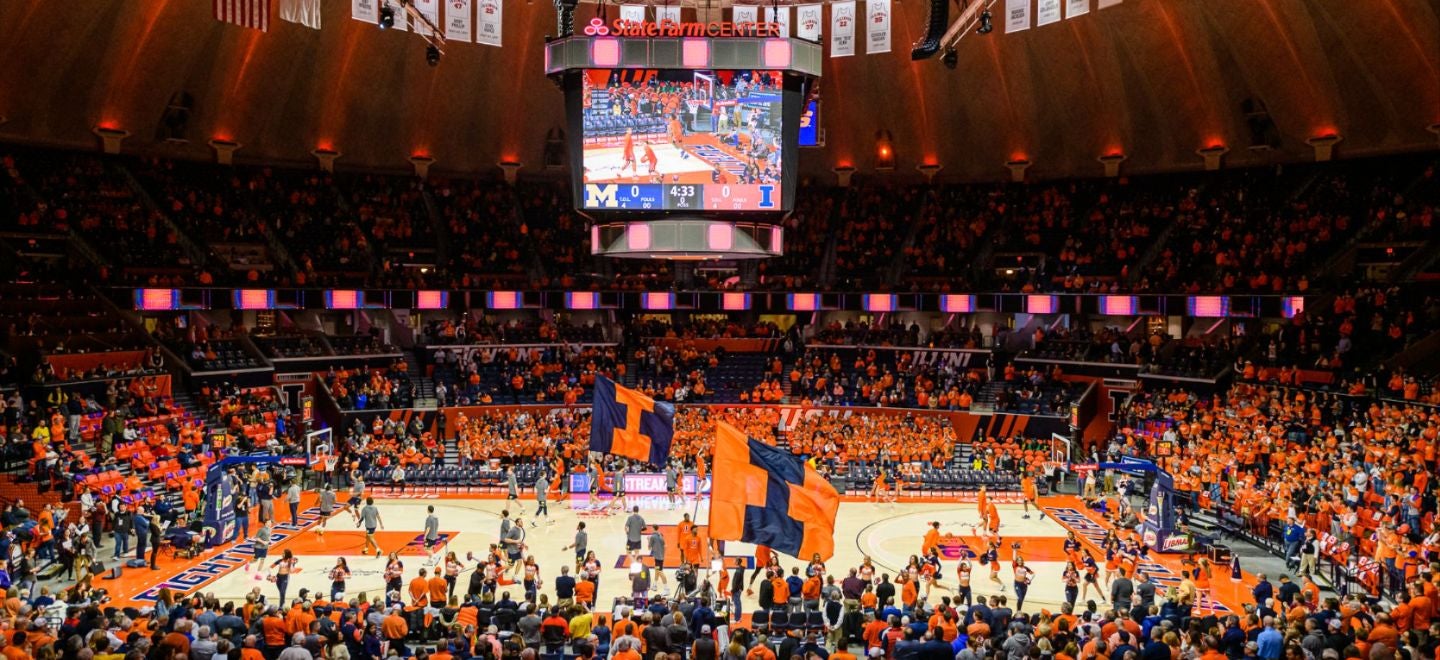Female Jockeys
2013 marks the 139th annual Kentucky Derby, and the 139th annual year a female jockey has not won the crowning title. It also marks the best placing a female jockey has ever achieved – fifth.
Going into the race this year, Rosie Napravnik, the woman who set that record, was widely regarded as a favorite to win, having raced in 2011 and getting ninth, and by technical standings being the best female rider in the United States. With over 13 thousand wins under her belt the 25 year-old jockey, along with many more accomplished and embellished men, was upset in the race by jockey Joel Rosario.
After Title IX was passed in 1972 women suddenly had the newfound power to make their footprints in the world of sports – school based sports, that is. Title IX, by definition, only applies to “interscholastic, intercollegiate, club or intramural athletics”, not professional sports in any way. That’s where female jockeys come into play. In the sport of horse racing, being a jockey is a professional job, and while it is open to women, you must make it into competitions and races on your own accord. That differs from many other sports in which you go through high school and college athletic programs, and then draft into your professional sports respective league.
But it is not Title IX that is to blame for the inequality shown in this sport. Unlike in many sports, the build of a woman compared to the male counterpart are strikingly similar, so that also is not the likely case. The cause of this sexism has a long list of possible reasons, the majority leading back to the fact that there is little incentive to accommodate women in the locker rooms, track, and sport overall.
Not only are female jockeys extremely under-displayed in premier horse races such as those of the Triple Crown, they do not succeed as frequently as men do in any races. In all 139 Kentucky Derby’s only six women have ever raced, and Napravnik came the closest to winning. In order to give female jockeys a firm and comfortable place in the world of horse racing, something, namely the number of female racers and winners, must change.











